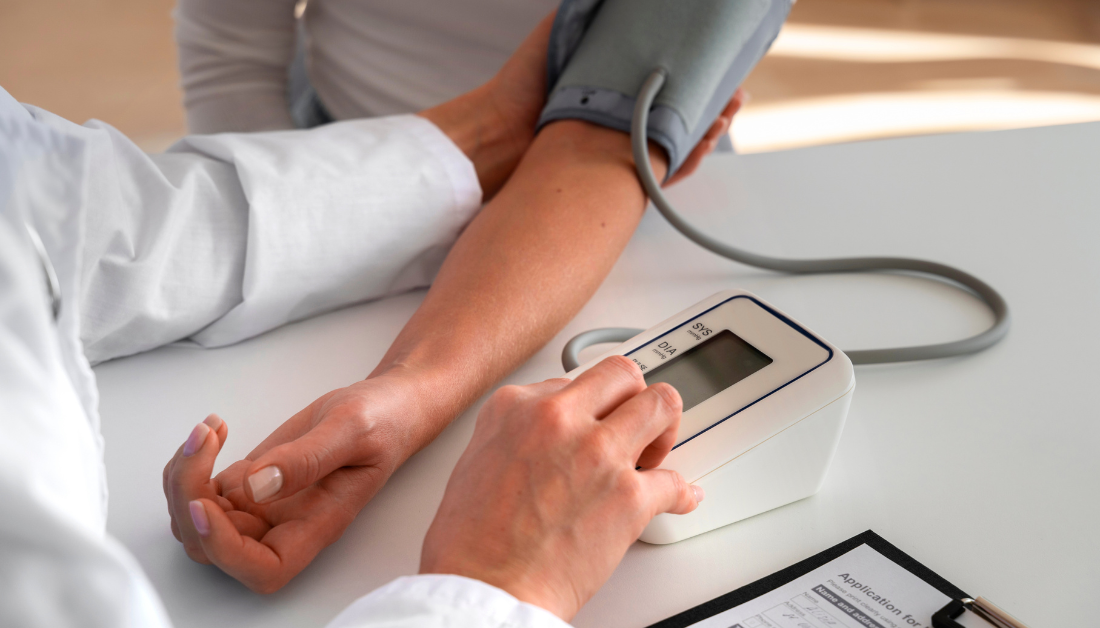

Professor Murray Cairns of HMRI and the University of Newcastle, along with his Precision Medicine team, have identified a mechanism to predict who will respond to blood pressure therapies to lower sodium levels in the body. Their findings were published this week in the prominent international cardiology journal Circulation.
According to Professor Cairns, “high blood pressure – or hypertension-related disease – kills up to 20% of people.” At least 30% of the adult population has it – that’s one in every three Australians – and only 30% of those people have it under control.
“A 25% reduction in the prevalence of hypertension could save the Australian Government $34 billion per year,” says Professor Cairns.
Professor Cairns and his colleagues have discovered how to use each person’s unique DNA to guide treatment.
The way people respond to drugs is different. We can measure an individual’s genetic risk of developing high blood pressure with respect to the physiological systems responsible – including kidneys, heart or smooth muscle – and then target medications accurately.”
Professor Murray Cairns
Some hypertension drugs act by lowering salt levels in the body, and hence blood volume. According to Professor Cairns, while many people have a hereditary predisposition to high blood pressure, which is triggered or aggravated by a high salt modern diet, they will react well to sodium-reduced treatment. He also claims that for some people, salt isn’t a major role in their hypertension, so they might benefit more from medicines that target other biological features of their genetic risk.
With 80% of people developing some kind of chronic disease, and 20% developing two or more, genetic findings driving precision medicine have the potential to have a major influence on global health.
The researchers used real-world data from the UK biobank to examine the relationship between sodium-associated genetic scores, sodium levels, and blood pressure.
For more information: Reay, W. R., et al. (2023). Using Genetics to Inform Interventions Related to Sodium and Potassium in Hypertension. Circulation. doi.org/10.1161/circulationaha.123.065394.
more recommended stories
 Microglia Neuroinflammation in Binge Drinking
Microglia Neuroinflammation in Binge DrinkingKey Takeaways (Quick Summary for HCPs).
 Precision Oncology with Personalized Cancer Drug Therapy
Precision Oncology with Personalized Cancer Drug TherapyKey Takeaways UC San Diego’s I-PREDICT.
 Iron Deficiency vs Iron Overload in Parkinson’s Disease
Iron Deficiency vs Iron Overload in Parkinson’s DiseaseKey Takeaways (Quick Summary for HCPs).
 Can Ketogenic Diets Help PCOS? Meta-Analysis Insights
Can Ketogenic Diets Help PCOS? Meta-Analysis InsightsKey Takeaways (Quick Summary) A Clinical.
 Silica Nanomatrix Boosts Dendritic Cell Cancer Therapy
Silica Nanomatrix Boosts Dendritic Cell Cancer TherapyKey Points Summary Researchers developed a.
 Vagus Nerve and Cardiac Aging: New Heart Study
Vagus Nerve and Cardiac Aging: New Heart StudyKey Takeaways for Healthcare Professionals Preserving.
 Cognitive Distraction From Conversation While Driving
Cognitive Distraction From Conversation While DrivingKey Takeaways (Quick Summary) Talking, not.
 Fat-Regulating Enzyme Offers New Target for Obesity
Fat-Regulating Enzyme Offers New Target for ObesityKey Highlights (Quick Summary) Researchers identified.
 Spatial Computing Explains How Brain Organizes Cognition
Spatial Computing Explains How Brain Organizes CognitionKey Takeaways (Quick Summary) MIT researchers.
 Gestational Diabetes Risk Identified by Blood Metabolites
Gestational Diabetes Risk Identified by Blood MetabolitesKey Takeaways (Quick Summary for Clinicians).

Leave a Comment